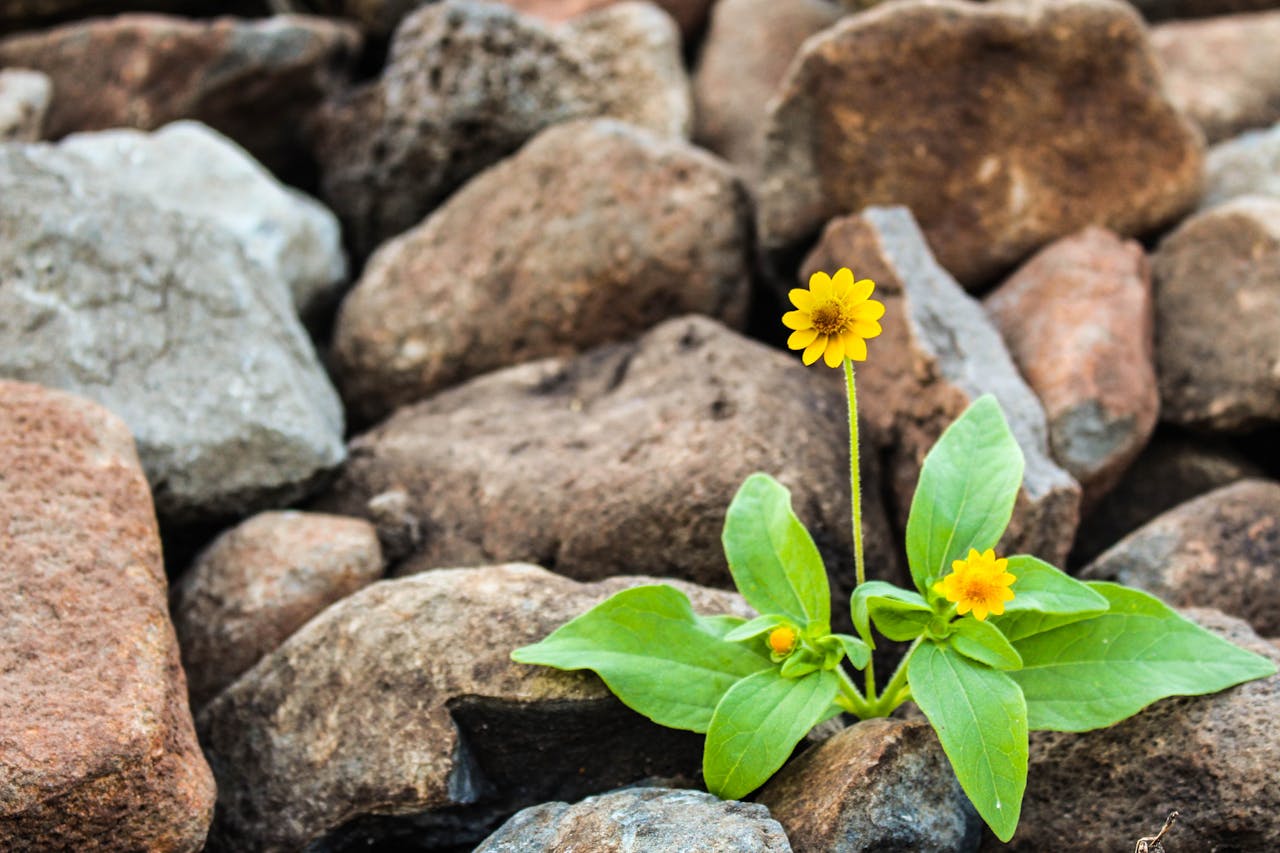As we move through the various stages of life, particularly in mid-life and beyond, the question of legacy often begins to emerge. What will we leave behind? How will we be remembered? These questions aren’t just about material wealth or accomplishments—they speak to the deeper desire for a meaningful impact that outlasts us. Building a legacy is about creating something lasting, something that reflects your values, and something that makes a difference in the world. Whether it’s through family, community involvement, or a personal project, legacy-building can bring profound fulfillment in the second half of life.
Why Legacy Matters in Mid-Life
Mid-life is often a period of reflection and recalibration. Many people reach a point where career achievements, financial stability, and personal milestones no longer feel like the primary focus. Instead, there’s a shift toward thinking about long-term impact. Creating a legacy can give your life purpose, help you feel connected to something larger than yourself, and offer a sense of meaning as you navigate life’s later stages.
Leaving a legacy isn’t just for the wealthy or famous. It’s about contributing to the lives of others in a way that resonates with your own values and passions. By actively working toward your legacy, you’re not only shaping how you’ll be remembered but also living a more intentional and meaningful life right now.
Three Key Areas for Building a Legacy
1. Family: Nurturing Relationships and Passing on Values
Family legacy is one of the most enduring forms of legacy-building. It’s about more than inheritance or tangible assets—it’s about passing down your values, wisdom, and traditions to the next generation. Here are a few ways to focus on creating a family legacy:
- Share Your Story: Take the time to tell your life story to your children or grandchildren. Discuss the lessons you’ve learned, the values you’ve lived by, and the challenges you’ve overcome. These stories create a personal and emotional connection that lives on in future generations.
- Cultivate Strong Relationships: Investing in meaningful relationships with family members is crucial. Prioritize time together, offer guidance, and create traditions that bind the family together. These moments of connection and love often form the most meaningful parts of a legacy.
- Mentorship: Act as a mentor to younger family members. Help guide them through life decisions, career choices, or personal challenges. Being a positive influence on their lives ensures that your values and wisdom are carried forward.
2. Community Involvement: Creating Positive Change Beyond Yourself
Your legacy doesn’t have to be confined to your family—community involvement offers a powerful way to make a lasting impact. Here’s how you can create a legacy within your local or global community:
- Volunteering: Choose a cause that aligns with your values and devote time to it. Whether it’s helping underprivileged youth, advocating for environmental sustainability, or supporting healthcare initiatives, consistent community service creates ripple effects that last long after your contributions end.
- Philanthropy: If you’re in a position to contribute financially, consider supporting charitable organizations or causes that are meaningful to you. Establishing a scholarship fund, donating to non-profits, or funding community projects are all ways to leave a tangible legacy that reflects your values.
- Leadership Roles: Take on leadership positions in community organizations or local government. By contributing your skills and expertise to these groups, you can help shape policies or programs that will benefit your community for years to come.
3. Creating Something Lasting: Projects, Art, or Personal Achievements
Legacy-building can also involve the creation of something more tangible—like writing a book, starting a business, or creating art. These endeavors are often deeply personal and can serve as a lasting representation of who you are.
- Writing: Whether it’s a memoir, a novel, or a collection of essays, writing allows you to express your thoughts and experiences in a way that will live on after you’re gone. Sharing your unique perspective can inspire and educate future generations.
- Entrepreneurship: Starting a business or social enterprise allows you to create something lasting that reflects your passions and values. Whether it’s a family-run business or a non-profit organization, your venture can continue making an impact long after you’ve stepped away.
- Art or Creative Projects: If you’re artistically inclined, creating music, paintings, or sculptures can serve as a powerful form of legacy. Art has the unique ability to transcend time and culture, allowing you to communicate your vision to future generations.
Steps to Start Building Your Legacy Today
Building a legacy may seem like a monumental task, but it begins with small, intentional actions. Here’s how you can start today:
- Reflect on Your Values: Consider what’s most important to you. Is it family, education, social justice, the environment? Defining your core values will help guide your legacy-building efforts.
- Set Clear Intentions: Decide what kind of impact you want to leave behind. Do you want to be remembered for your compassion, your leadership, or your creativity? Setting clear intentions will help you focus your energy on activities that align with your desired legacy.
- Start Small, but Be Consistent: Legacy-building doesn’t happen overnight. Begin by making small, meaningful contributions—whether that’s writing letters to family members, volunteering a few hours each month, or starting a personal project. Consistency is key to creating long-term impact.
- Involve Others: Legacy-building is not a solo endeavor. Engage your family, friends, or community members in your efforts. By involving others, you create a collaborative legacy that has the potential to grow and expand beyond your individual contributions.
- Document Your Journey: Whether through journaling, videos, or social media, document your legacy-building journey. Not only does this help solidify your own intentions, but it also provides a roadmap for others to follow and be inspired by.
Conclusion
Legacy-building is not just about what you leave behind when you’re gone—it’s about how you live your life today. By focusing on family, community, and personal projects, you can create a legacy that reflects your values and passions, and that continues to make an impact long after your time. Start now, and let your legacy be a source of inspiration, hope, and lasting change.
By taking small steps now, you can shape a legacy that brings meaning to your own life and positively impacts the lives of others. What will your legacy be?


